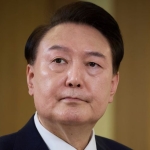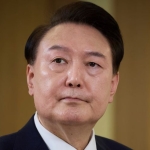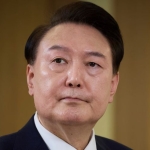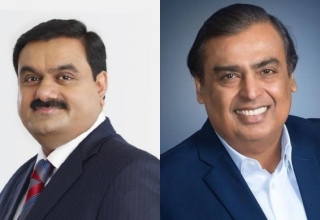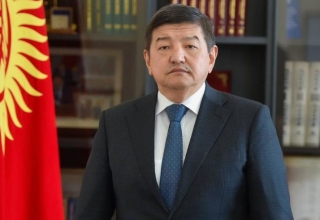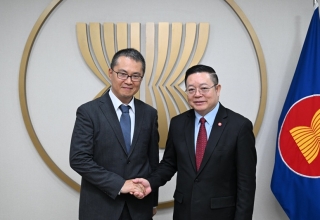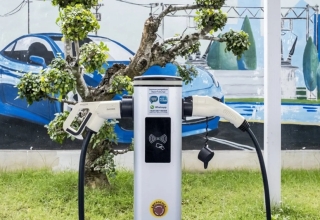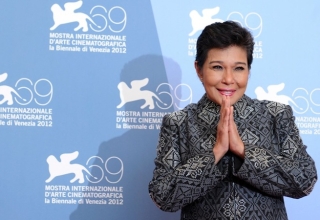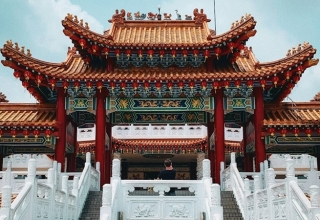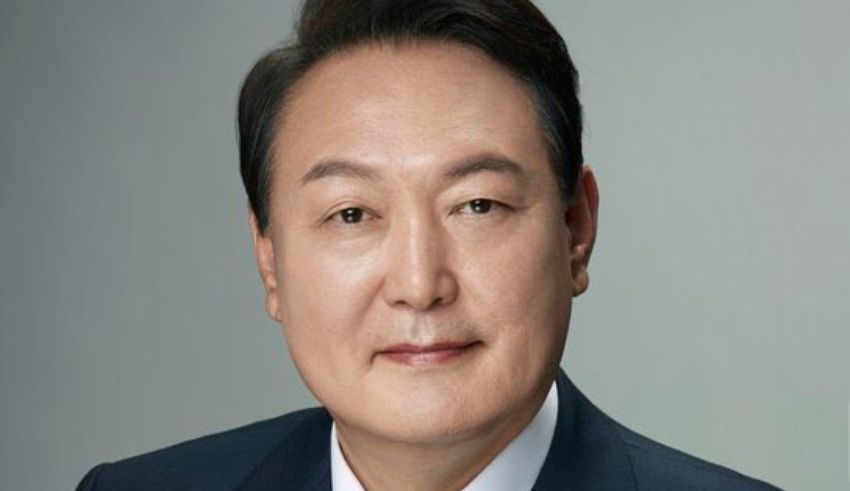
President Yoon Suk Yeol is facing one of the most significant political crises in recent history as he became the first sitting leader in South Korea to come upon a travel ban. Declared by the justice ministry on Monday, this amazing result followed a stormy week during which Yoon temporarily imposed martial law, igniting political turmoil and widespread fury.
The Event Related to Martial Law
On December 3, President Yoon stunned the nation by unusually dispatching helicopters and special forces to parliament. Although his declaration of martial law appeared to be intended to maintain discipline, it was soon attacked as an executive authority abuse. Legislators rejected the command in an emergency session, therefore forcing Yoon to back off. The amazing U-turn had little effect to cool public indignation as people gathered in mass demonstrations.
Yoon has become increasingly alone after the aborted attempt at martial law. Public trust in his leadership has already been poor and has declined more as critics assert he violates democratic institutions to keep hold of control.
Historic Travel Restrain on a Sitting President
For any South Korean president, Monday’s confirmation by the justice ministry on Yoon’s present ban from leaving the country marks first. The travel ban highlights the gravity of the situation since investigators look into allegations regarding Yoon’s participation in the declaration of martial law and his approach of crisis management.
At a parliamentary session, immigration services commissioner Bae Sang-up confirmed the ban, therefore showing the desire of the justice ministry to handle the matter rigorously. Apart from Yoon, many high-ranking officials connected to the incident have also been prohibited from leaving the country.
Among those barred from foreign travel are ex-interior minister Lee Sang-min and former defense minister Kim Yong-hyun, who is now imprisoned. Likewise outlawed are military commanders overseeing the martial law operation, including General Park An-su and counterintelligence director Yeo In-hyung. Investigators have increased their attention as prosecutors reportedly ask for arrest warrants for Kim and other linked officials.
Push towards impeachment and claims of a “Second Coup”
Attempts to impeach Yoon failed on Saturday after members of his ruling People Power Party (PPP) departed parliament, therefore depriving the required two-thirds majority of motion. Yoon passed the poll, but his control of power is still unstable; opposition leaders accuse him of organizing what they regard as a “second coup.”
The PPP claims that Yoon has delegated his power to the prime minister and party leader to address problems with governance. Opposing legislators and constitutional experts who argue that this action has no legal basis have responded vehemently nonetheless.
“This is an unlawful, unconstitutional act of rebellion,” Democratic Party floor leader Park Chan-dae said, pointing to Yoon’s clearly against democratic norms acts.
Unless handicapped, resigns, or is impeached, the president keeps power as commander-in-chief under South Korea’s constitution. Critics argue that Yoon’s informal authority transfer compromises the constitutional structure and sets a dangerous precedent.
Reactions from Other Countries and Home Issues
Political upheaval around the world is not unusual. Key friend of South Korea, the United States has adopted a measured approach stressing the need for constitutional procedures and honoring Yoon as the official leader.
“President Yoon is the president of Korea; the political process in Korea will run under Korea’s laws and constitution,” State Department spokesman Matthew Miller advised.
Domestically, concerns about a power vacuum have become more acute particularly given North Korea’s ongoing danger to security. Although questions linger about the consistency of the country’s leadership at this turbulent time, the defense ministry said Monday that Yoon holds military command.
Young’s Crisis Reactivity
President Yoon apologized for announcing martial law, which caused “anxiety and inconvenience”. He has given his party all the power for his future instead of resigning even if he is responsible for the tragedy.
Critics say this approach is insufficient. Emphasizing that South Korea’s legal system has clear rules for handling presidential wrongdoing, constitutional law professor Kim Hae-won from Pusan National University described the manner the ruling party managed the problem as resembling a “unconstitutional soft coup.”
“Should the president be problematic, the constitution lays out actions like suspension and impeachment,” Kim said. “Circumventions of these processes undercuts the rule of law.”
Keep Reading
Additional Opposition Activities: Further Actions
The Democratic Party has committed to keep its impeachment of Yoon campaign active even though another vote for Saturday is planned. Leader of opposition Lee Jae-myung has encouraged legislators to keep to their commitment to preserve constitutional integrity, citing the situation as a turning point for South Korea’s democracy.
Tens of thousands of protesters have gone to the streets in subzero temperatures to demand Yoon’s resignation, hence sparking public anger amid the martial law dilemma. From teenagers to senior adults, protestors have called for structural changes to prevent future abuse of power and decried what they considered as a breach of democratic values.
Effects for Political Future of South Korea
For South Korea negotiating an extraordinary crisis, the next weeks will be pivotal. Apart from ongoing investigations, the repeated impeachment campaigns of the opposition could determine the direction of Yoon’s government.
Apart from urgent political concerns, the scenario raises more general problems on the longevity of South Korea’s democratic processes. Viewers have seen that internal stability as well as external reputation will suffer long-lasting consequences depending on the nation’s ability to settle the crisis open-mindedly in line with the rule of law.
South Korea finds itself at a crossroads; the road it chooses will define not only its political future but also its standing as a world democratic leader.

